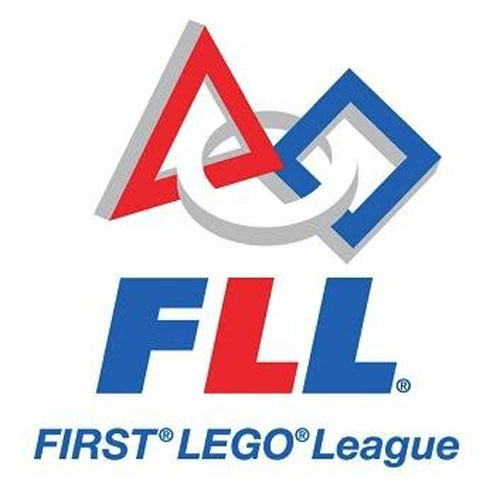LEGO robots built by Scottish School children will be put through their paces this weekend as kids from around the world take part in a competition designed to inspire the next generation of computer scientists.
The FIRST LEGO League championship (FLL) will see children, aged 9 – 16, challenged as their custom built robot is put to the test through a variety of missions.
Beginning this weekend (Saturday 29 November) at Our Dynamic Earth in Edinburgh, 28 teams of up to ten pupils will compete in regional heats, with the following events happening on 2 December at the Glasgow Science Centre and 10 December at Aberdeen’s Satrosphere Science Centre.
As well as completing a series of set tasks, the teams will be challenged to imagine useful inventions to redesign how we gather knowledge and skills in the 21st century.
They join over 250,000 young people from 80 countries worldwide in the annual FIRST LEGO League championship (FLL), which is being run across Scotland by the RSE Young Academy of Scotland (YAS) and Lambda Jam, a not-for-profit organisation working to improve children’s problem solving skills and enjoyment.
They are working in partnership with The Institution of Engineering and Technology, which already runs a yearly event in the UK, to bring the league permanently to Scotland.
YAS programme organiser, Dr Fiona McNeill, said the league has an important educational purpose, “Computing develops skills in analytical problem solving, logical thinking and understanding information systems, each of which are useful for many areas of life.”
Dr Laura Meikle from Lambda Jam added, “When it comes to self-development, technology has huge potential to engage each child at their own level in rich and varied ways, and it can give the motivation and reward that comes from surmounting a fun challenge or creating something exciting.”
In running this year’s event, Dr Meikle and Dr McNeill have broadened participation by involving more than 20 schools which have never taken part. This has been enabled by creating a bank of Lego robot kits that can be lent to schools which do not have the resource available to purchase their own – approximately half of the teams taking part are in this situation.
In addition, a network of engineer mentors has been established to support teams and maximise the potential of the competition to interest children in computer science and engineering.
Such skills are becoming ever more important in today’s digital world, and especially so in Scotland, as the IT industry has become a vital part of the national economy and is expected to grow substantially over the coming years.
Unfortunately, recent statistics on computer science in schools and universities raise a number of serious concerns. According to figures obtained by Computing at School Scotland last month, the numbers of computing teachers in Scotland fell by nearly 14% over two years. The result is that one in eight Scottish secondary schools does not have a specialist computing teacher.
According to iomart, Scotland’s acute IT skills shortage is down to a lack of graduates being available to enter the jobs market. Scotland’s universities are producing only 1,800 qualified graduates a year – leaving a huge annual deficit of 7,800 vacancies still to be filled.
Dr Meikle said, “The FIRST LEGO League shows that there is ample appetite and capacity amongst young people for engaging with computer science. It also provides a way into the fun aspects of programming for the first time, and has seen success around the globe.”
Dr McNeill added, “As Scotland is crying out for more computer scientists, we hope that programmes like this will help support and strengthen the development of important skills from an early age.”


